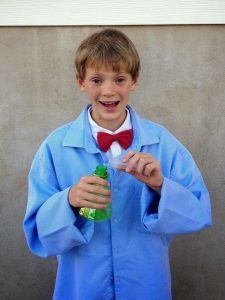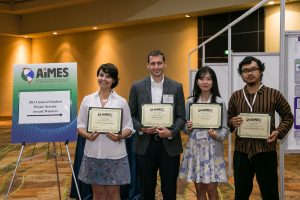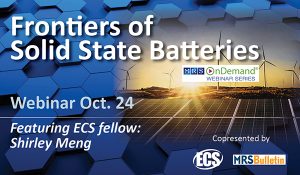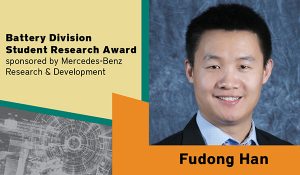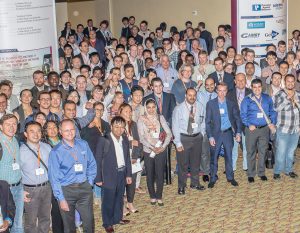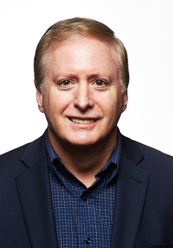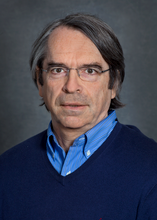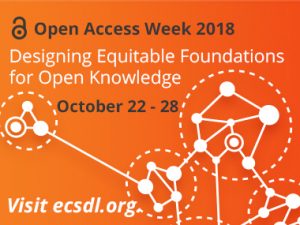
Free download of over 141,000 articles and abstracts.
ECS is celebrating International Open Access Week by giving the world a preview of what complete open access to peer-reviewed scientific research will look like. This year’s theme is “Designing Equitable Foundations for Open Knowledge.” ECS is taking down the paywall October 22-28 from the entire ECS Digital Library, making over 141,000 scientific articles and abstracts free and accessible to everyone.
This is the fourth consecutive year ECS will take down its paywalls during Open Access Week, an annual event organized by SPARC, the Scholarly Publishing and Academic Resources Coalition. Eliminating the paywall during Open Access Week allows ECS to give the world a preview of the potential of its Free the Science initiative.
Free the Science is ECS’s move toward a future that embraces open science to further advance research in our field. This is a long-term vision for transformative change in the traditional models of communicating scholarly research. ECS last opened its digital library in April 2018 for the second Free the Science Week.
“ECS is working to disseminate scientific research to the broadest possible audience without barriers,” says Mary Yess, ECS chief content officer/publisher. “Through Open Access Week, we’re able to once again highlight a new scholarly publishing model that promotes authors and the science they do.”
(more…)


